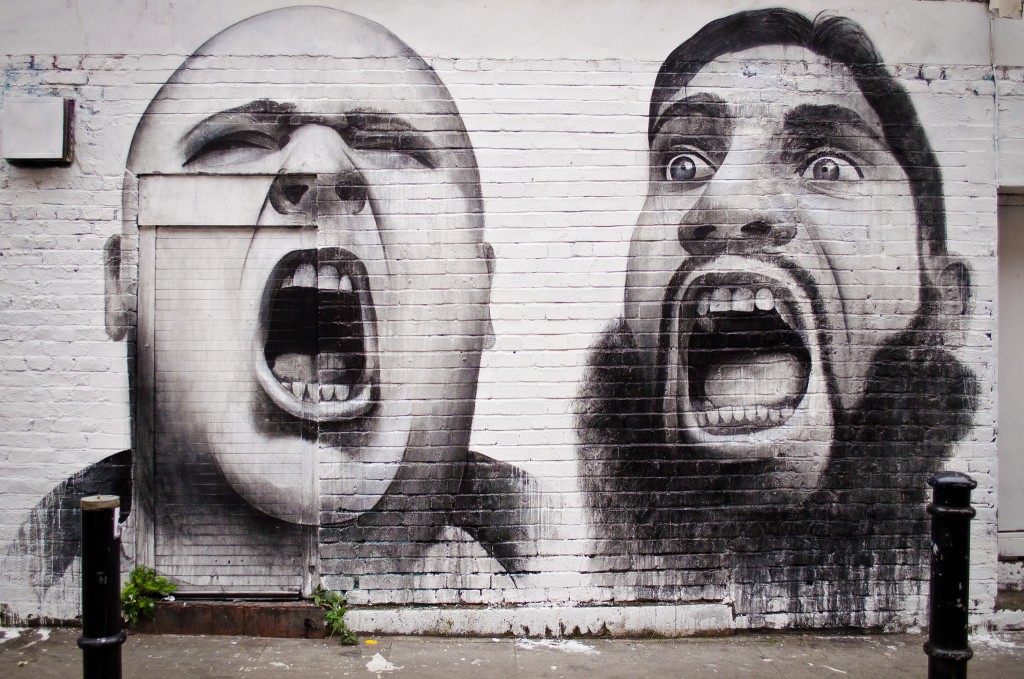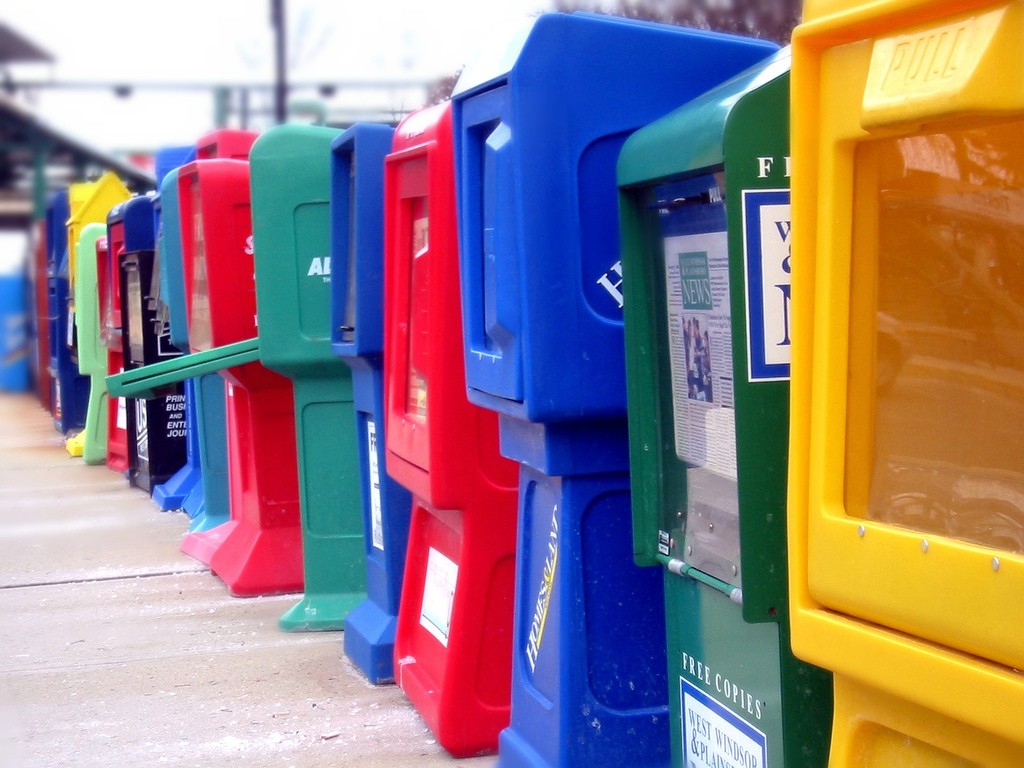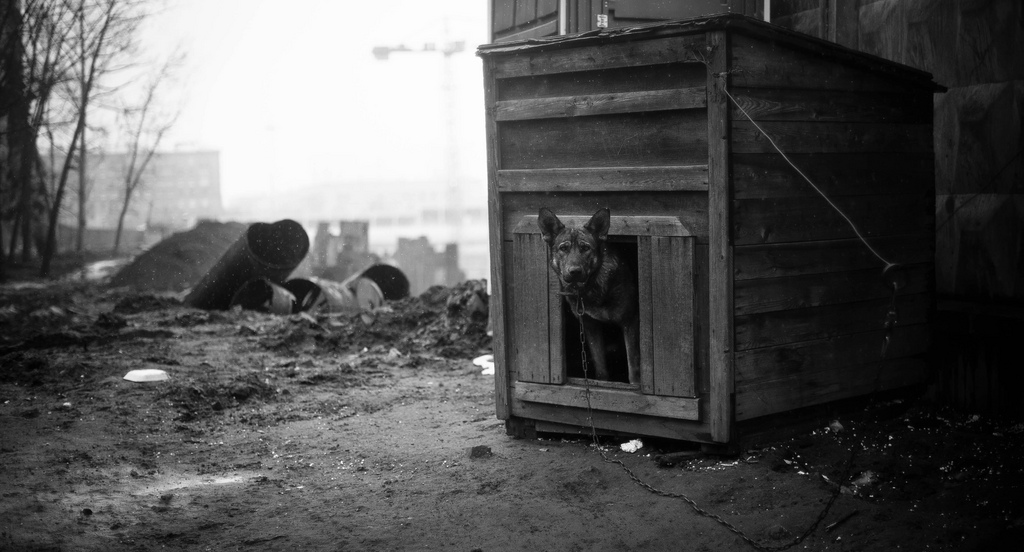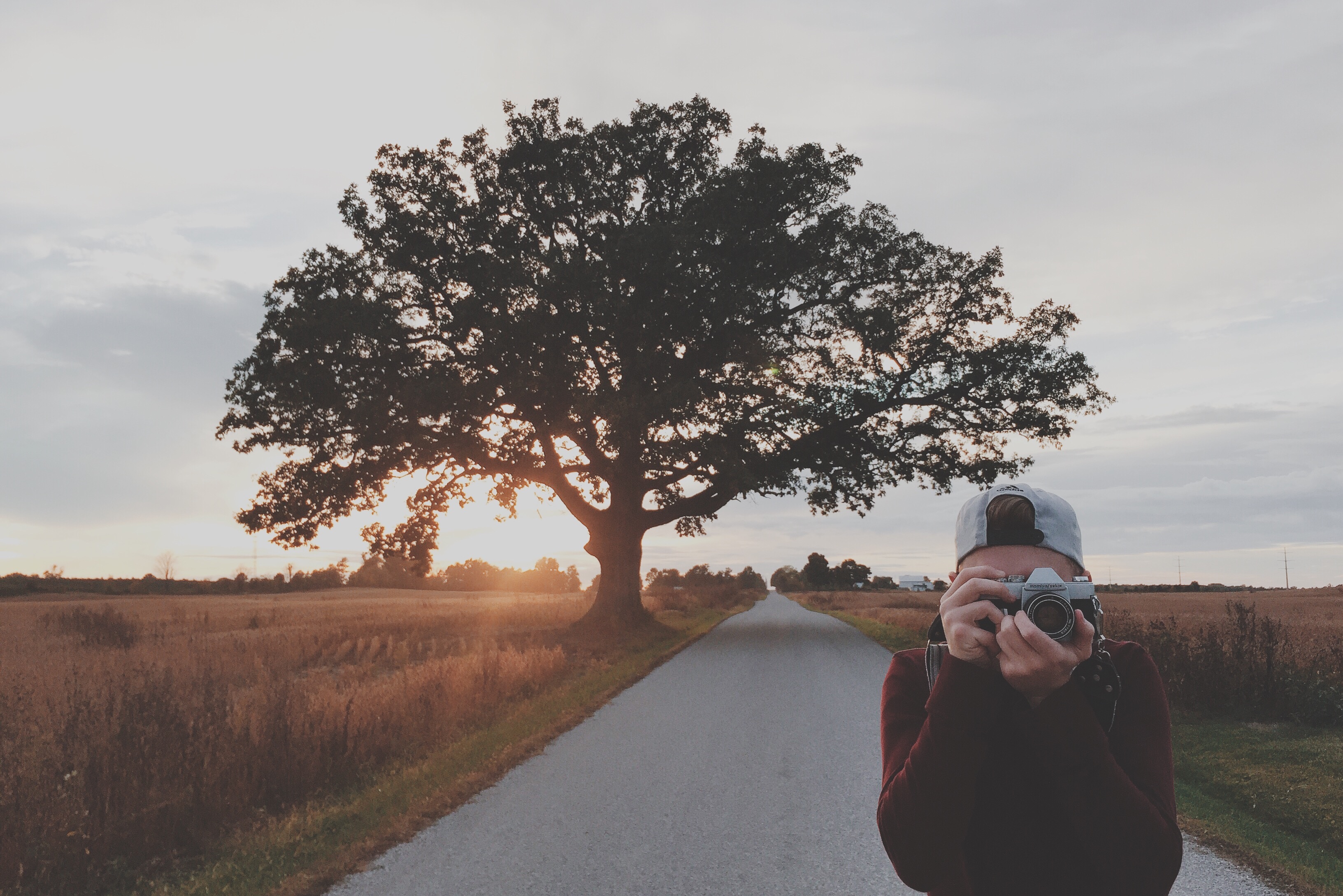Tomorrow it’s World Press Freedom Day and we’ll be celebrating with themed posts about the free press all week.
Today we look at how press freedom is protected by the right to freedom of expression. This right is found in Article 10 of the European Convention of Human Rights, which is incorporated into UK law through the Human Rights Act.
What is freedom of expression?

The right to freedom of expression means that we can hold, share, and receive opinions – all without interference from the state. The right means we can share opinions that are unpopular, upsetting and even offensive. However, it can be restricted for reasons including national security, and to protect the reputation and rights of others. For example, it can be restricted to protect people from slander or violations of their right to privacy.
The recent celebrity threesome injunction is an example of when an individual’s right to privacy clashes clashes with the press’ freedom of expression – though we are yet to hear the final outcome from the Supreme Court on where the balance lies.
Why is it so important to the press?

The role of the press is to channel information and share ideas, so it’s important that it can express itself free of government constraint. If we didn’t have an independent free press, the Government could use the press to conceal its own wrongdoings and to further its own political agenda.
How does the right to freedom of expression protect the free press?

Human rights protect press freedom in two very important ways:
- Journalists are free to report on issues of public importance
- Journalists can almost never be forced to reveal the sources of their information
The protection of journalists’ sources is so core to their role that Parliament passed a law in 1981 stating that no court of law can require journalists to reveal their sources. That is, unless the court thinks this necessary for national security or to prevent crime. It also makes it more difficult for police to get a warrant to search and seize journalists’ documents.
Why do we need to protect journalist’s sources?

Put simply, if the sources were not allowed to be kept confidential, they might not tell the press about matters of public interest in the first place. This would hamper the ability of the press to provide us with accurate and reliable information about the really important things we need to know.
How does press freedom protect our rights?

Our right to freedom of expression includes the right to receive information.
As a public watchdog and a powerful pillar of democracy the press’ role is to scrutinise and to disseminate information of public interest. The protections for journalists described above are not there for the benefit of media organisations or individual journalists – they are there to protect our fundamental right to receive information of public interest.
Because of these human rights protections, we found out that the UK government was unlawfully collecting personal information about people in the UK and that many world leaders are using tax havens, as disclosed by the Panama papers. Knowing about these things is the first step towards changing them – and the world – for the better.
Limitations on Press Freedom

The free press is able to report on anything that it is in the public interest to publish. That is likely to be where the information relates to a matter of “major public concern” or whenever the press is exercising its vital role of “watchdog” in a society.
But it’s really important to remember that what can legally be published (because it is in the public interest) is not always the same as everything that might interest the public.
So, just because a person is interested in the life of a supermodel or person in the entertainment business, that doesn’t mean that it’s in the public interest to reveal that information. Famous people have privacy rights that need to be protected too.
All in all…
Press freedom is vital if we are to be able receive information on everything we need to live healthy, happy lives and to hold governments to account for any wrongdoing that might limit our rights. Press freedom is limited only by other legitimate interests – for example, the privacy rights of others or national security.
Read more about a landmark freedom of the press case here and why the right to freedom of expression matters here.







